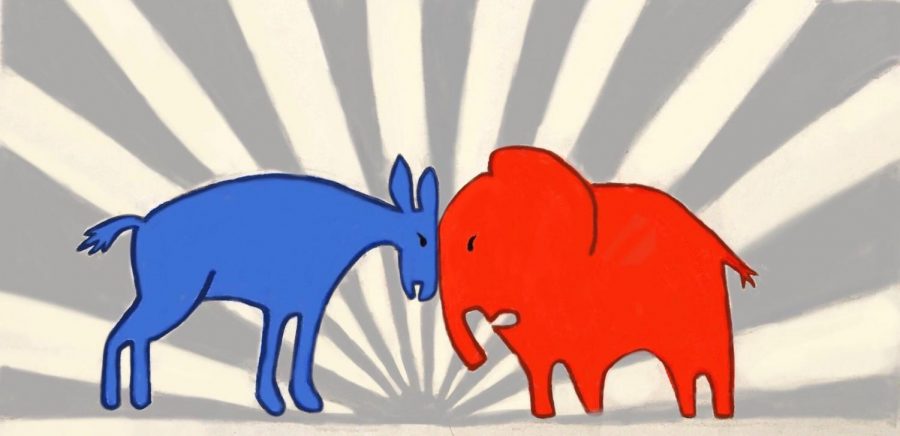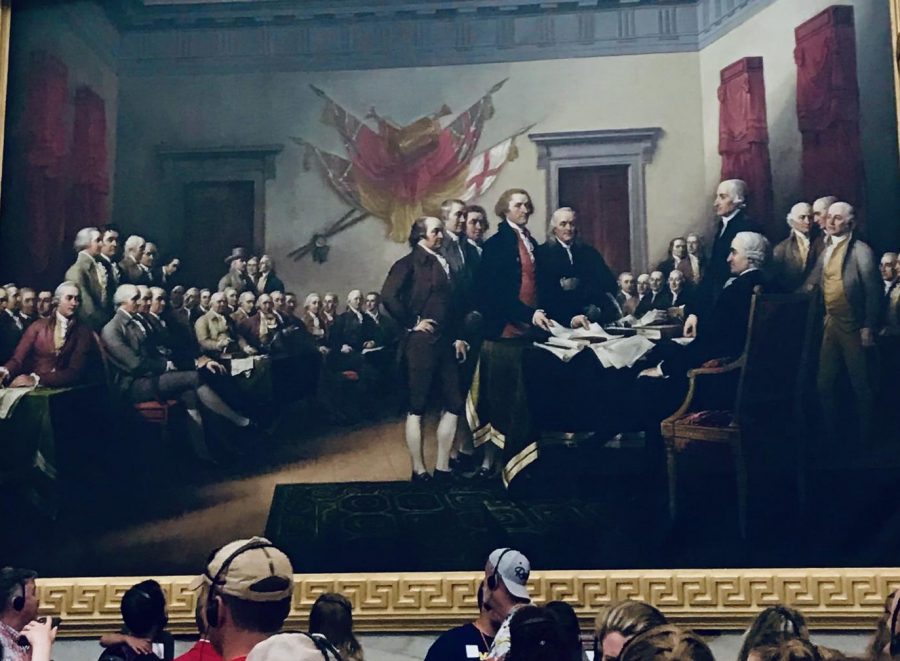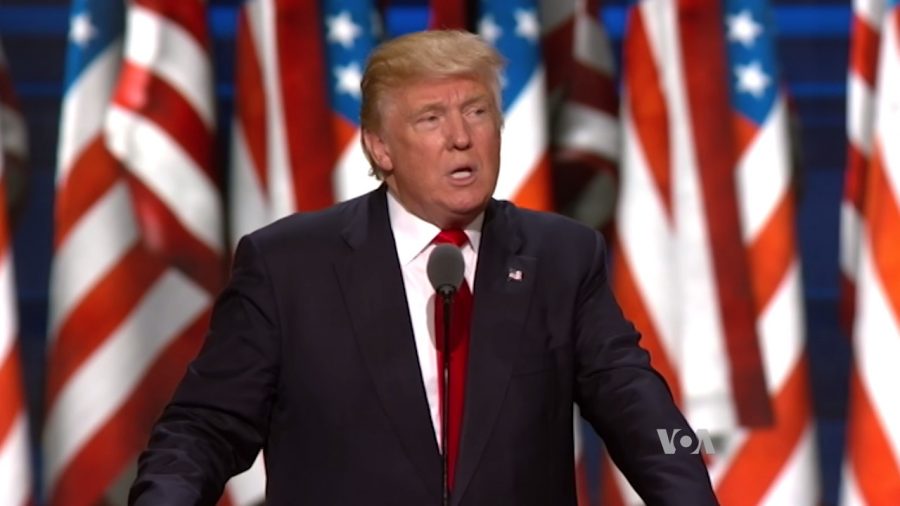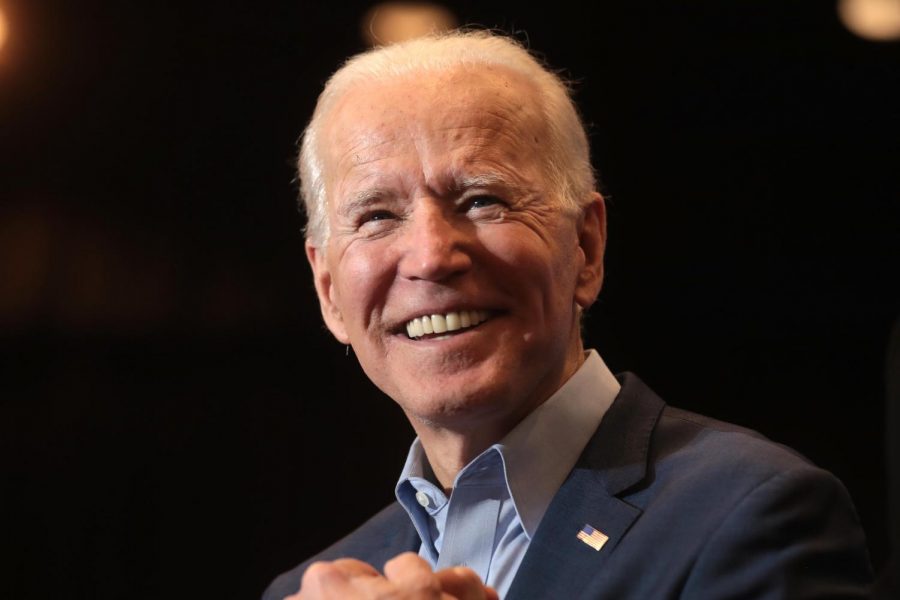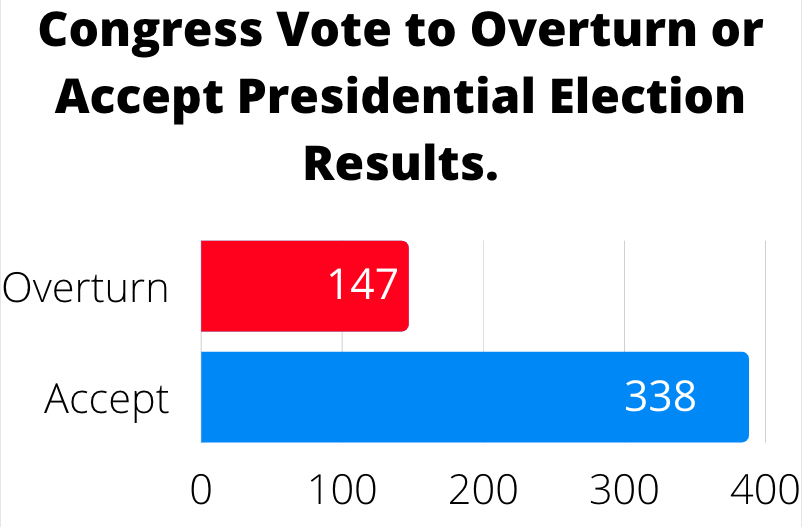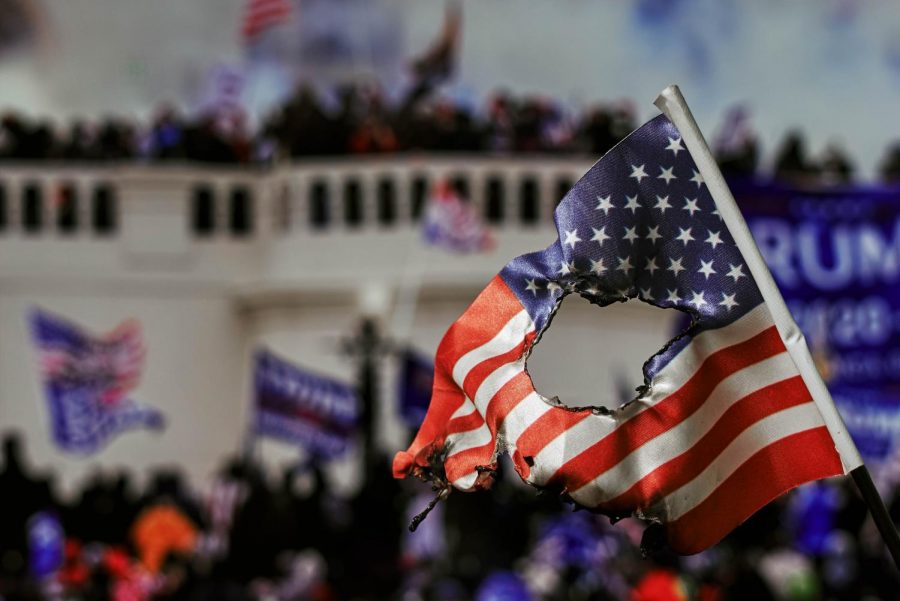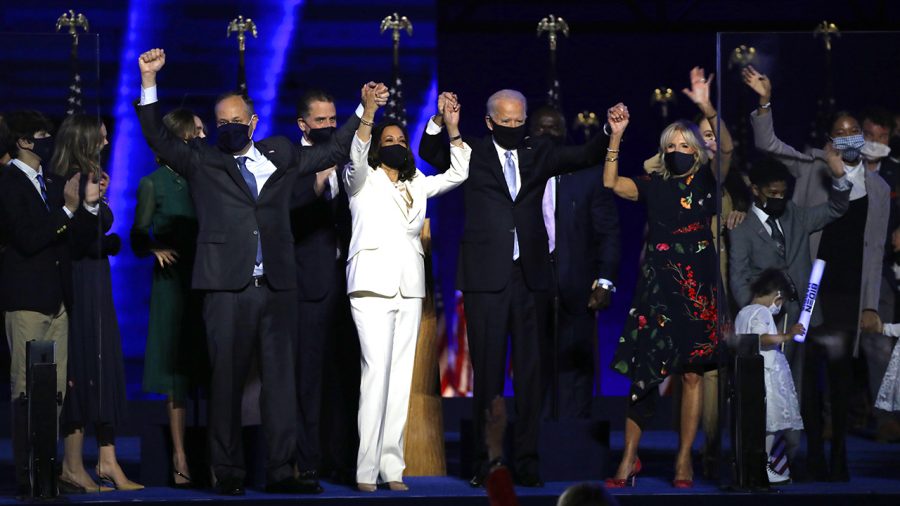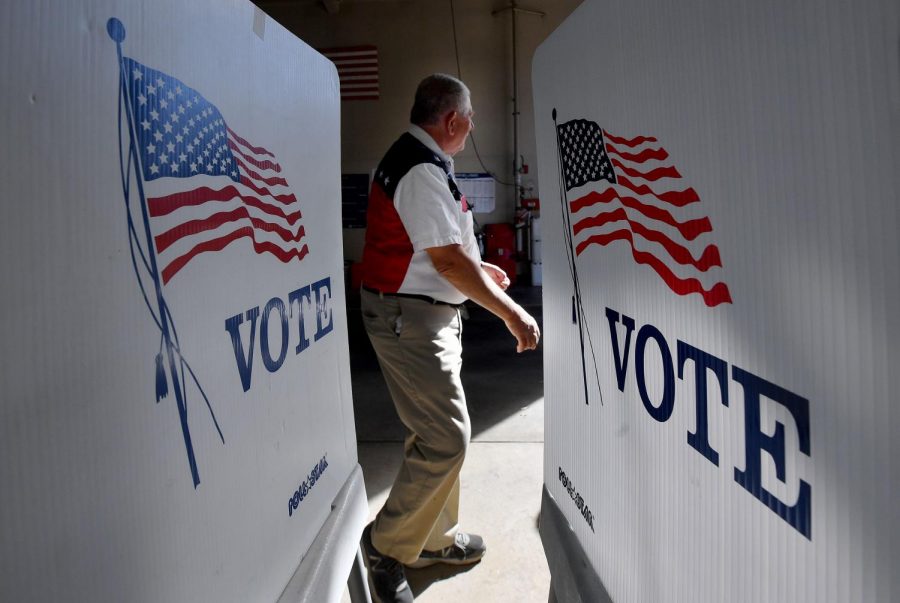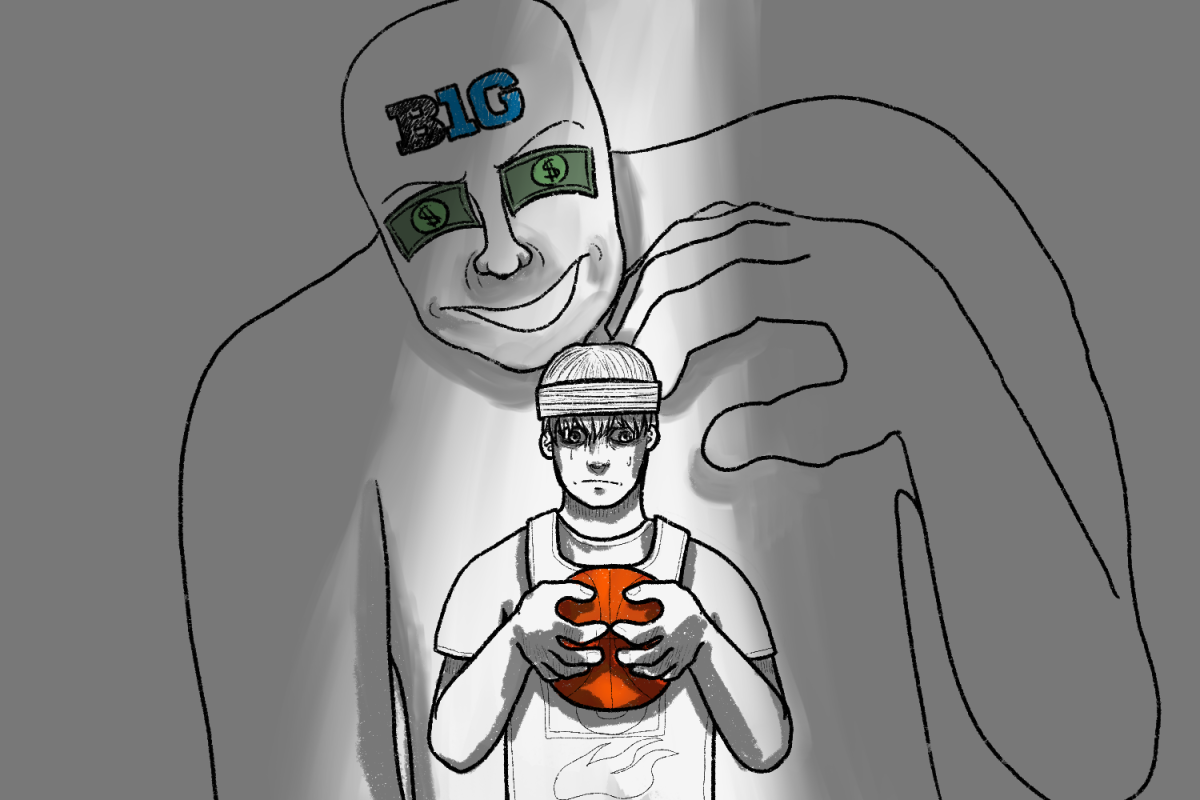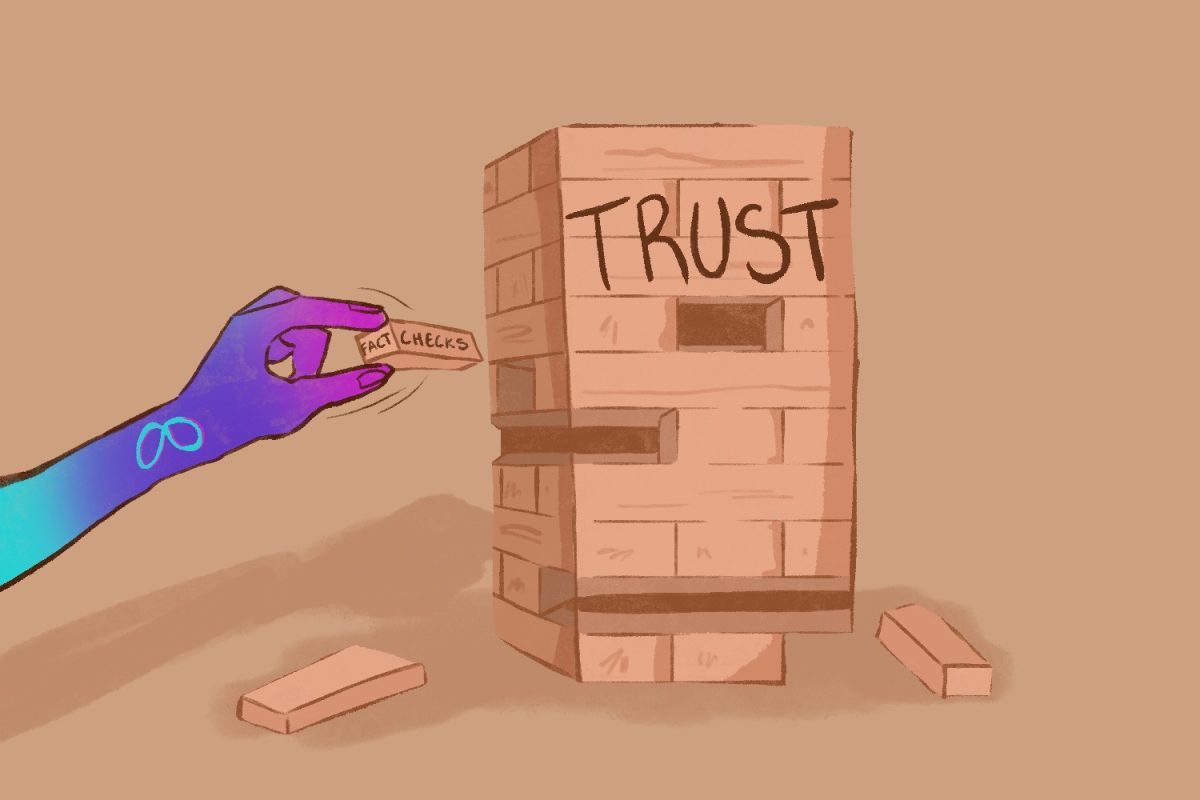Chaotic. Child-like. Pain-inducing.
Those are just a few of the myriad words one could use to describe the first presidential debate of 2020 on Sept. 29. Behind the bickering were political stances and policies, yet it was increasingly difficult for the audience to grasp those crucial aspects of the debate.
Both candidates spoke over the other, making it difficult to decipher each of their answers to the questions accurately. Thus, the presidential debate eventually just turned into a personal argument.
Furthermore, all the audience really got from the debate was a surface level judgment of the candidates’ character, and little discussion of actual policies took place. Consequently, the presidential race is becoming more of a popularity contest than a legitimate political election.
A presidential debate is meant to help eligible voters decide who they actually want to represent them as their leader, as it is meant to solidify each candidates’ political views. However, just as 2020 has presented innumerable unprecedented circumstances, the debate only heightened the already prodigious partisanship that exists throughout the U.S. Before the debate, extreme partisanship was already a prominent issue, intensified by racial tension and Trump’s response to COVID-19, both of which have been extremely prevalent and have very strong-sided arguments.
With partisanship already existing, it was clear before the debate that supporters would remain on their initial political side, but where does this leave those in the middle?
The debate was meant to guide those who are undecided in a specific direction; however, the lack of uniformity and civilized conversation further confused those searching for clarity, especially during a time in which our next president will decide our future in terms of COVID-19, climate change, and much more.
Moreover, with political echo chambers on the rise, it is imperative that debates allow for both sides to be heard and for all policies to be elucidated clearly. Hence, it is disappointing that the first debate did not provide a clear enough direction for some. Without enough information about each candidate and what they stand for, it is difficult for Americans to vote properly and confidently.
This is where social media comes into play, as many voters, young and old, have experienced or come across social media in one way or another. However, because of each platforms’ addictive algorithms, users are stuck in this loop of one-sided information and opinionated content, which can often lead to faulty perceptions. This fosters users to only think about one side of each issue and promotes extreme political beliefs often skewing towards one side of the spectrum.
This further emphasizes the importance of these debates, as they are not meant to solely amplify someone’s stance but to allow for an unbiased perspective of each candidate, policy, and issue.
Thus, we must watch each debate with an open mind and objective mindset. If we don’t, the U.S. will only be separated further, and democracy will not function properly.
*This editorial reflects the views of the Scot Scoop editorial board and was written by Natalie Doud.

